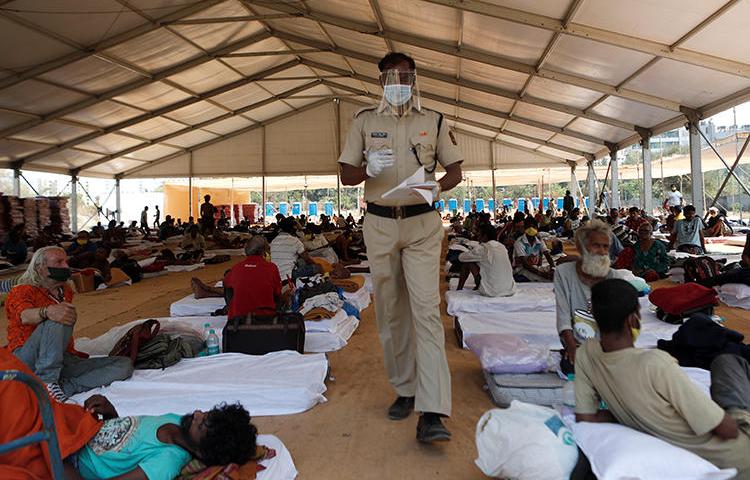
Mission Journal: Journalists in India’s Uttar Pradesh say threat of attack or prosecution looms large
Also available in हिंदी में On March 26, two days after Indian Prime Minister Narendra Modi announced a national lockdown to control the spreading of COVID-19, Hindi-language daily Jansandesh Times reported that a tribe in Varanasi, Uttar Pradesh state, didn’t have enough to eat due to the sudden announcement and that children were eating grass.…
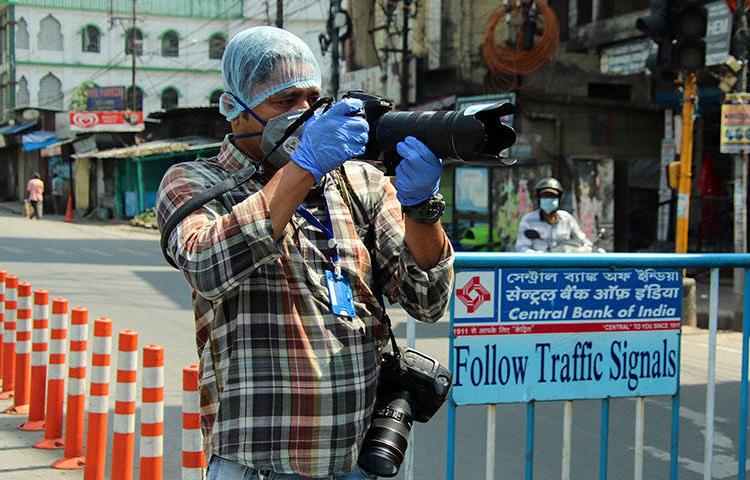
Freelance journalists risk lives and livelihoods amid COVID-19 pandemic
Johannesburg-based freelance journalist Yeshiel Panchia was on his way to cover a story about a local developer who had found a way to keep his wage laborers employed during South Africa’s coronavirus lockdown by letting them live on the construction site so that they didn’t have to leave “home” in contravention of strict rules.
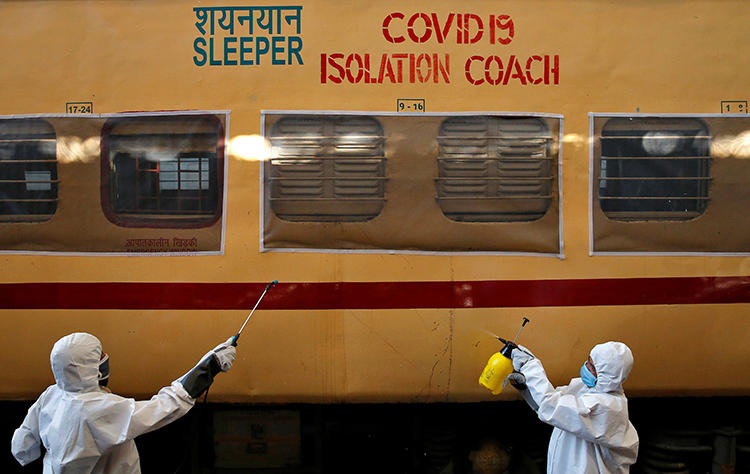
Indian journalist Vidya Krishnan on navigating harassment and government obstruction while covering COVID-19
Vidya Krishnan, a freelance reporter who has covered healthcare in India for 17 years, says she has never seen the kind of harassment and threats that health reporters have received while covering COVID-19.
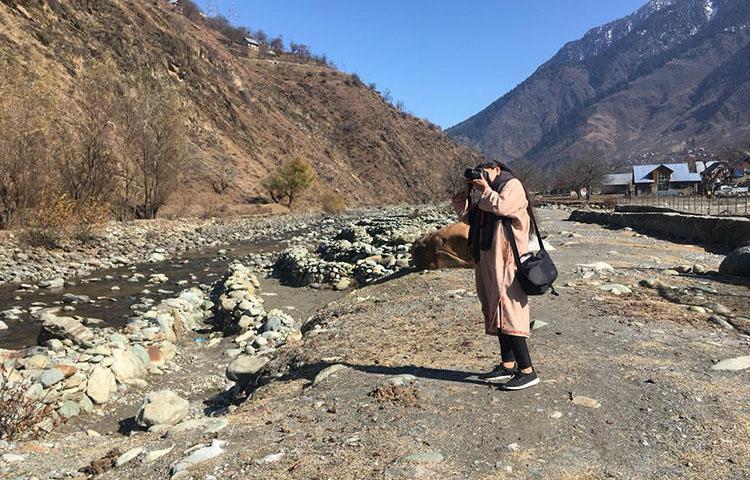
Kashmiri journalist Raihana Maqbool on reporting on COVID-19 amid ongoing restrictions
Journalists in Jammu and Kashmir have spent the past eight months navigating an intense crackdown by Indian authorities in the region, including unprecedented restrictions on communications and the longest internet shutdown in a democracy. Now, they have the added challenge on trying to report on the COVID-19 pandemic. India has instituted a strict 21-day national…

After WhatsApp spyware allegations, Indian journalists demand government transparency
In the summer of 2019, Saroj Giri was preparing a lecture on the panopticon—an 18th century system to surveil an entire prison from a single viewpoint—when a message lit up his phone. It was from WhatsApp, warning Giri that someone had tried to hack the popular messaging app to spy on his cell phone remotely.
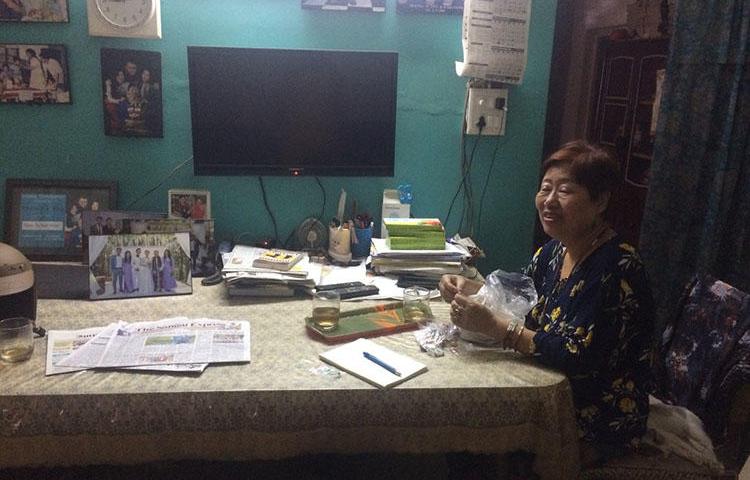
Journalist Valley Rose Hungyo on running the only daily newspaper for Nagas in Manipur
Editor Valley Rose Hungyo founded the bilingual Tangkhul and English Aja Daily, the only daily newspaper among the Naga people in India’s northeastern Manipur state, in the early 1990s with her late husband. They saw a need for a Naga-language paper, amid a media scene in the state dominated by English and Manipuri outlets.

Manipur’s ex-journalist chief minister pursues Imphal Free Press for defamation
On the morning of February 1, instead of working on her usual assignments for the Imphal Free Press, journalist Babie Shirin drove with the newspaper’s publisher Mayengbam Satyajit Singh to a court on the other side of town. On arrival, they were arrested, then granted bail on a bond of 30,000 rupees (US$420) each. Their…
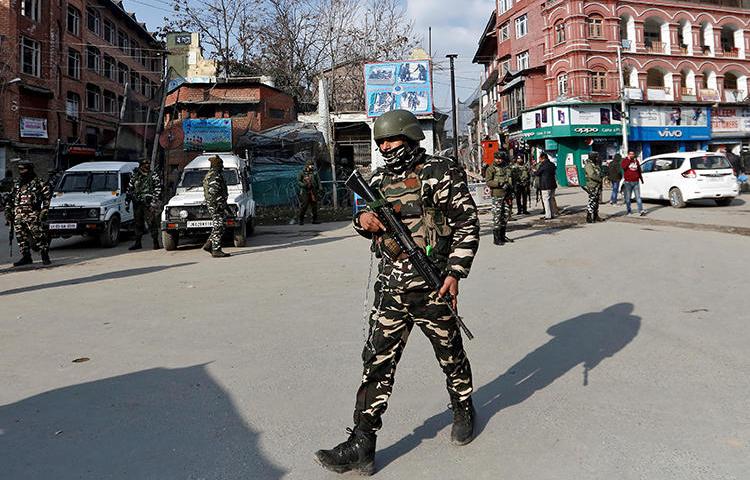
Lawyer Mishi Choudhury on what India shutdowns ruling means for journalists
On January 14, the Jammu and Kashmir administration partially restored mobile internet in a handful of districts, according to news reports. The administration, which is directly controlled by the Indian government, had imposed a complete communication ban in the restive region after withdrawing its special status under the Indian constitution in August 2019, as CPJ…

‘I feel like a weight has been lifted’ freelance journalist Santosh Yadav says as Chhattisgarh court ends four-year legal nightmare
On January 2, freelance journalist Santosh Yadav got his life back when the National Investigation Agency court in Jagdalpur acquitted him of charges of helping Maoists militants. The ruling marked the end of a legal nightmare that lasted over four years for Yadav, who says that he was threatened and beaten in custody, before being…
